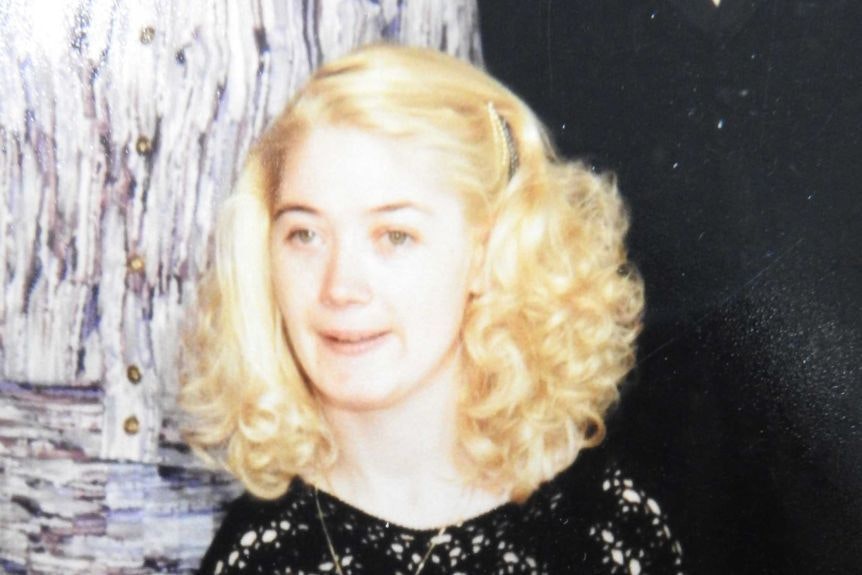South Australian Government accepts safeguarding recommendations

The Disability Safeguarding Task Force, established in the wake of the tragic death of Ann Marie Smith, has released its final report flagging critical safeguarding gaps for people living with disability.
Ann Marie Smith, who had cerebral palsy, died in April, of septic shock and multiple organ failure after being admitted to the Royal Adelaide Hospital.
The task force was created to examine current gaps in oversight and safeguarding measures for people living with disability in South Australia.
The task force was co-chaired by Dr David Caudrey and Kelly Vincent and outlined 14 key safeguarding gaps and seven associated recommendations to the State Government.
The State Government has since taken action based on the recommendations made by the task force; they have either in the progress of completing or have completed the following:
-
Bringing forward the expansion of the Adult Safeguarding Unit so that its scope includes vulnerable adults of any age, to October 1, 2020, from 2022.
-
Providing an additional $1.8 million to continue the work of the Disability Advocate and to support individual disability advocacy in SA.
-
Urgently pushing the Federal Government for safeguarding gaps to be actioned, and communicating the final report immediately.
-
The Department for Human Services has developed and signed new information-sharing guidelines with the NDIS Quality and Safeguarding Commission.
-
The State Government will remain committed to maintaining the Community Visitor Scheme (CVS) in SA and will review how it can work alongside the NDIS given the legal limitations.
-
The Department for Human Services will support all State authorities to develop and publish their Disability Access and Inclusion Plan by October 31 2020 – and this will include State Government initiatives.
-
Working with the Commonwealth Government to ensure regular health checks for vulnerable NDIS participants are considered.
The future of the CVS in South Australia was acknowledged by the task force as a “complex matter that should not be rushed”.
“Coercive powers to enter private homes is also a significant human rights issue. If such powers for a visitation scheme was to be seriously considered, people with disabilities should first be consulted.”
Michelle Lensink, Minister for Human Services, says the State Government was supportive of a CVS scheme.
She adds, “I have spoken and written to the NDIS Minister Stuart Robert to push for urgent changes to be actioned immediately by the Federal Government, given the majority of the safeguarding gaps fall within the Commonwealth’s responsibility.
“The interim taskforce report was provided to all State Disability Ministers and discussed at a recent Disability Reform Council meeting to ensure we are all working towards the common goal of improving safeguarding gaps for people living with disability.
“We are pleased that new information-sharing guidelines with the NDIS Quality and Safeguarding Commission have been signed.
“At the end of the day, we want to ensure that people living with disability are safe, supported and have access to the best care possible.
“The tragic case of Ann Marie Smith shocked everyone, and there’s no doubt she deserved much better.
“Ann Marie Smith was let down over a number of years by a series of system failures, and we are determined to correct them.”
NDIS Commission bans care provider
The National Disability Insurance Scheme (NDIS) Quality and Safeguards Commission has revoked the registration and issued a banning order against the care provider of Ann Marie Smith.
Integrity Care was providing support and services to Ms Smith who died in April in what South Australia Police Detective Superintendent Des Bray says were “…disgusting and degrading circumstances”.
Revoking the registration of a provider means that the provider can no longer provide NDIS-funded supports and services to NDIS participants as a registered NDIS provider.
The banning order bans the provider from providing all NDIS-funded supports and services to any person on the NDIS.
The revocation takes effect today, 14 August 2020, while the banning order will come into effect on 21 August 2020.
Mr Graeme Head, NDIS Quality and Safeguards Commissioner, says, “Integrity Care was advised in early June 2020 of the intention to revoke the organisation’s registration and to ban it from operating, and was given an opportunity to respond.
“There are very clear requirements under the NDIS Act as to how the NDIS Commission takes compliance actions so that decisions are made with due process. This includes giving ample opportunity for the party subject to these actions to respond.”
The NDIS Commission has been conducting an active investigation into Integrity Care since being notified of Ms Smith’s death.
That investigation remains ongoing, and as more information becomes available, the NDIS Commission will make further decisions about any further regulatory actions.
What do you want to see changed? Tell us in the comments below.